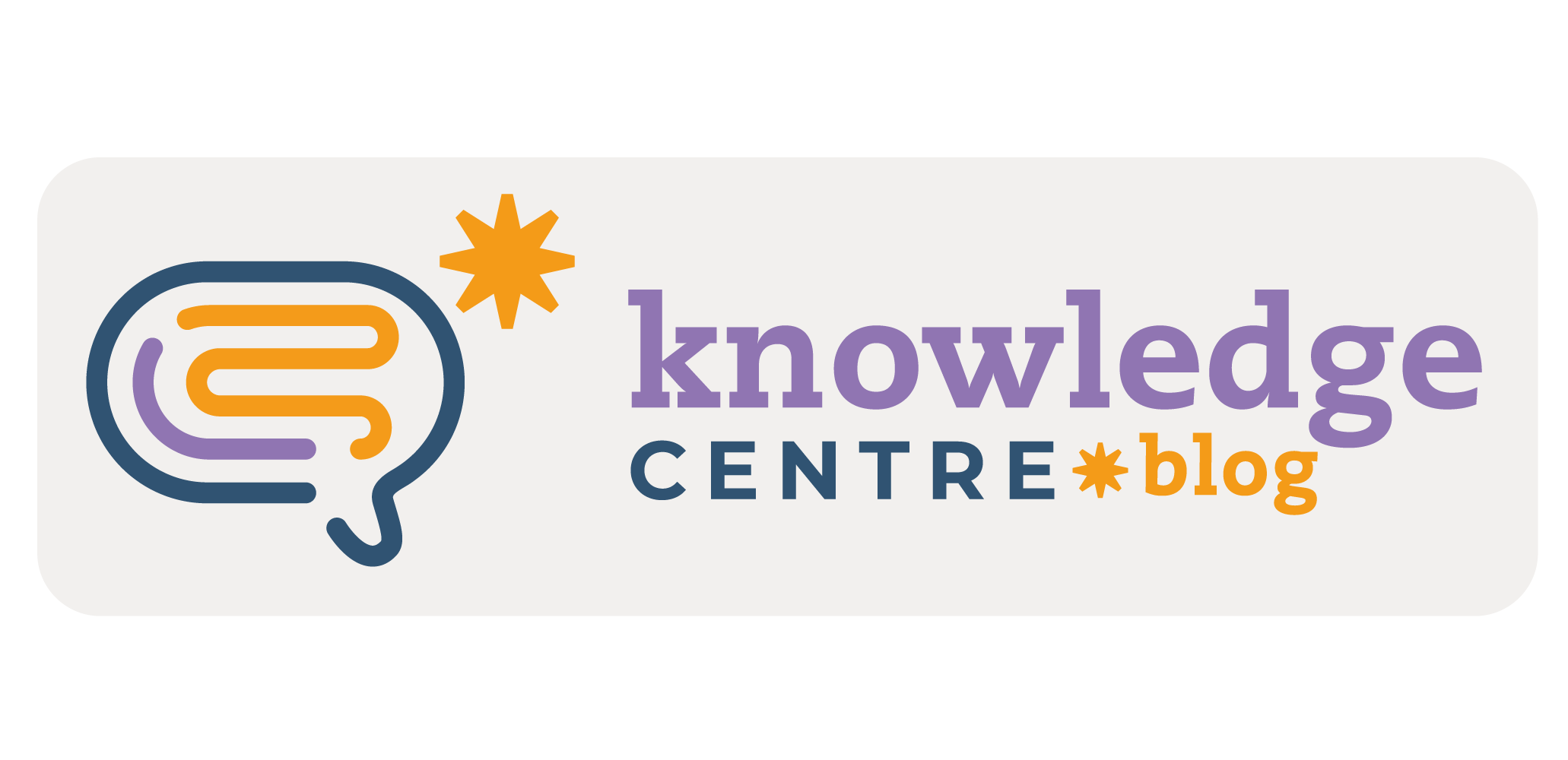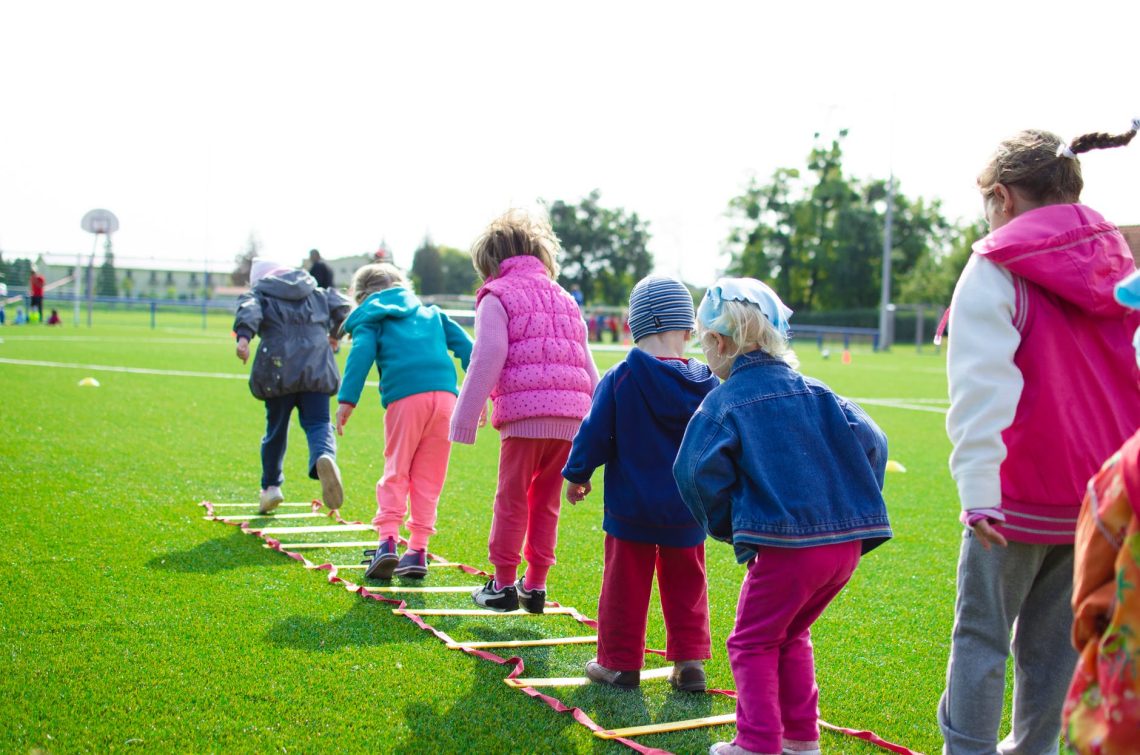Throughout my experience as an advisor, whenever I suggested teachers took their students outside the classroom, some insecurities were frequently mentioned. For groups of young learners, worries were related to some possible misbehavior, logistics, or even fear of having small children in open spaces, for instance. In the context of older students, teachers prefer to avoid the distress caused anytime teenagers underestimate a moment or do not perceive such experience as a lesson.
Despite all the issues related to classroom management, the one and only thing that teachers agreed unanimously was: it is a great environment to teach.
A study published in Frontiers in Psychology[1], suggests that “the basic needs satisfaction in the outdoor context is decisively higher than indoors” implying that kids are more affected by the teaching in the outdoors than they are in the indoors.
The National Wildlife Federation[2] in the USA surveyed 1,878 educators and asked them what their thoughts were about children and the outdoors.
78% of the educators believe that children who spend regular time playing outdoors concentrate and perform better in the classroom. 82% of them strongly affirm that daily outdoor time is important as a counterbalance to the time spent indoors with electronic media; Other 75% agree that regular time spent outdoors increases their creativity and their problem-solving abilities.
Therefore, why worry so much about management?
I challenge you to invert the order: instead of taking your students outside according to the content, choose a great outdoor spot to develop and apply content. Here are some tips:
- take a look at the place without the students first and try to explore what the environment can offer according to your aims;
- plan some strategies to promote the development of 21st Century competencies, such as cooperation, autonomy, critical thinking, and creativity;
- design a consistent follow-up moment to understand if your goal was reached, to validate students’ perception, and make their learning visible.
It all takes me to the point that being outdoor is a key element to arouse intrinsic motivation. Students get curious. They tend to self-care. They can’t easily predict what comes next. They get too busy to bully. In addition to that, teachers also have more chances to individually connect, to improvise, and also adapt. As a result, both have the possibility to experience authentic learning.
How often do you take your students outside? How can we explore different environments in the school?
Share your ideas, experiences and challenges with us here!
References
PSYCHOLOGY TODAY. The Benefits of Learning Outdoors. Found in: https://www.psychologytoday.com/us/blog/brain-waves/201802/the-benefits-learning-outdoors. Access on March 4th, 2020.
PARENTING SCIENCE. Preschool science activities. How to nurture your child’s interest in the natural world. Found in: https://www.parentingscience.com/preschool-science-activities.html. Access on March 4th, 2020.
ASCD. The Power of Authentic Learning. Found in: http://www.ascd.org/publications/classroom-leadership/oct2004/The-Power-of-Authentic-Learning.aspx. Access on March 4th, 2020.
[1]FRONTIERS IN PSYCHOLOGY . A Bayesian Mixed-Methods Analysis of Basic Psychological Needs Satisfaction through Outdoor Learning and Its Influence on Motivational Behavior in Science Class. Disponível em: https://www.frontiersin.org/articles/10.3389/fpsyg.2017.02235/full?&utm_source=Email_to_authors_&utm_medium=Email&utm_content=T1_11.5e1_author&utm_campaign=Email_publication&field=&journalName=Frontiers_in_Psychology&id=291635. Access on March 1st, 2020.
[2]NATIONAL WILD LIFE FEDERATION. How Outdoor Education and Outdoor School Time Create High Performance Students. Found in: https://www.nwf.org/~/media/PDFs/Be%20Out%20There/Back%20to%20School%20full%20report.ashx . Access on March 1st, 2020.

By Mariana Bonicenha
Mariana Bonicenha has graduated in Letras, holds a CELTA and a pass with Merit ICELT. She is also a Speaking Examiner for Cambridge ESOL Examinations. She has worked in regular schools as a teacher for 15 years what makes her largely experienced with the segment. Nowadays, she is an Advisory Team Manager for the International School bilingual program.








